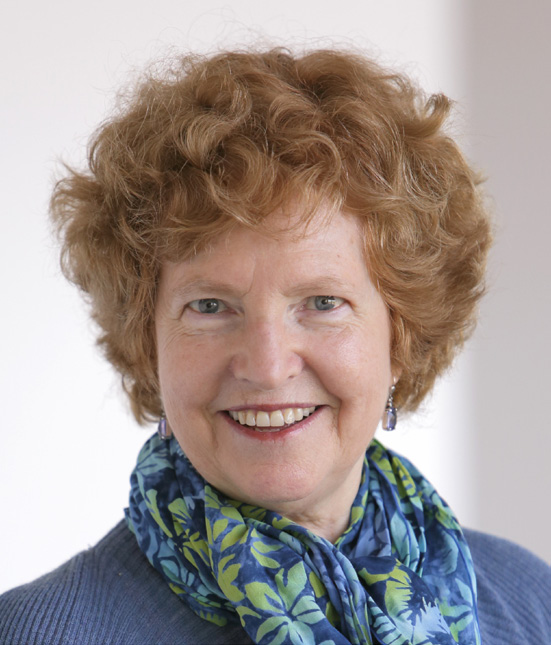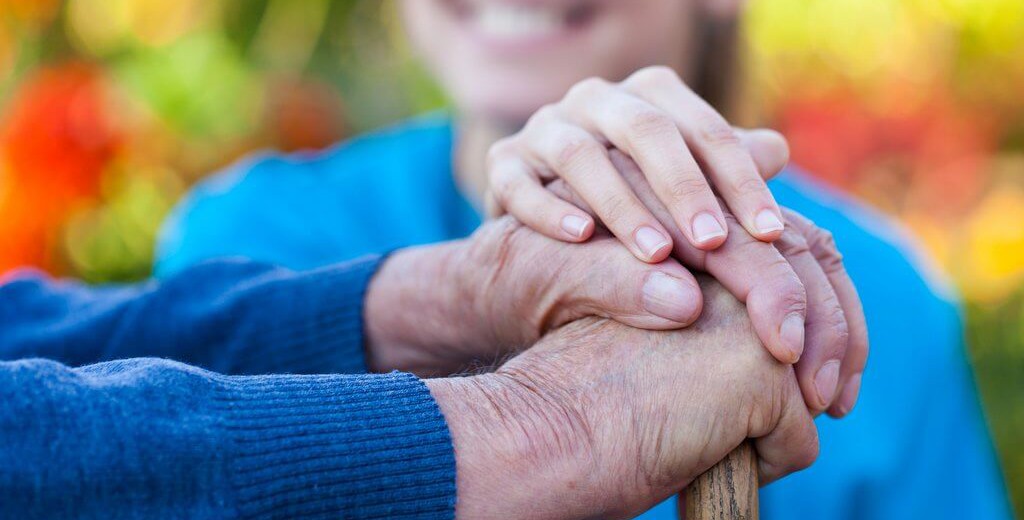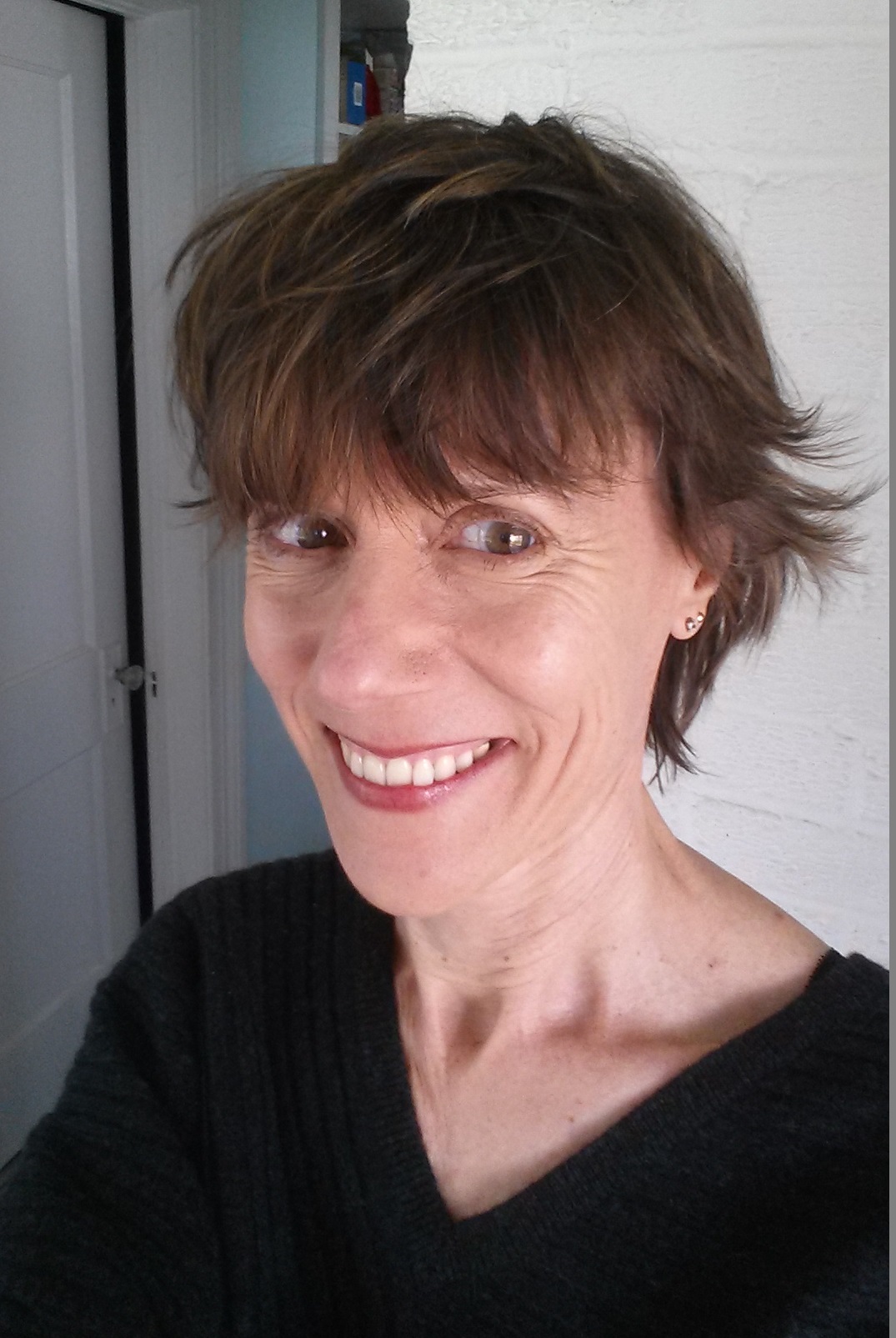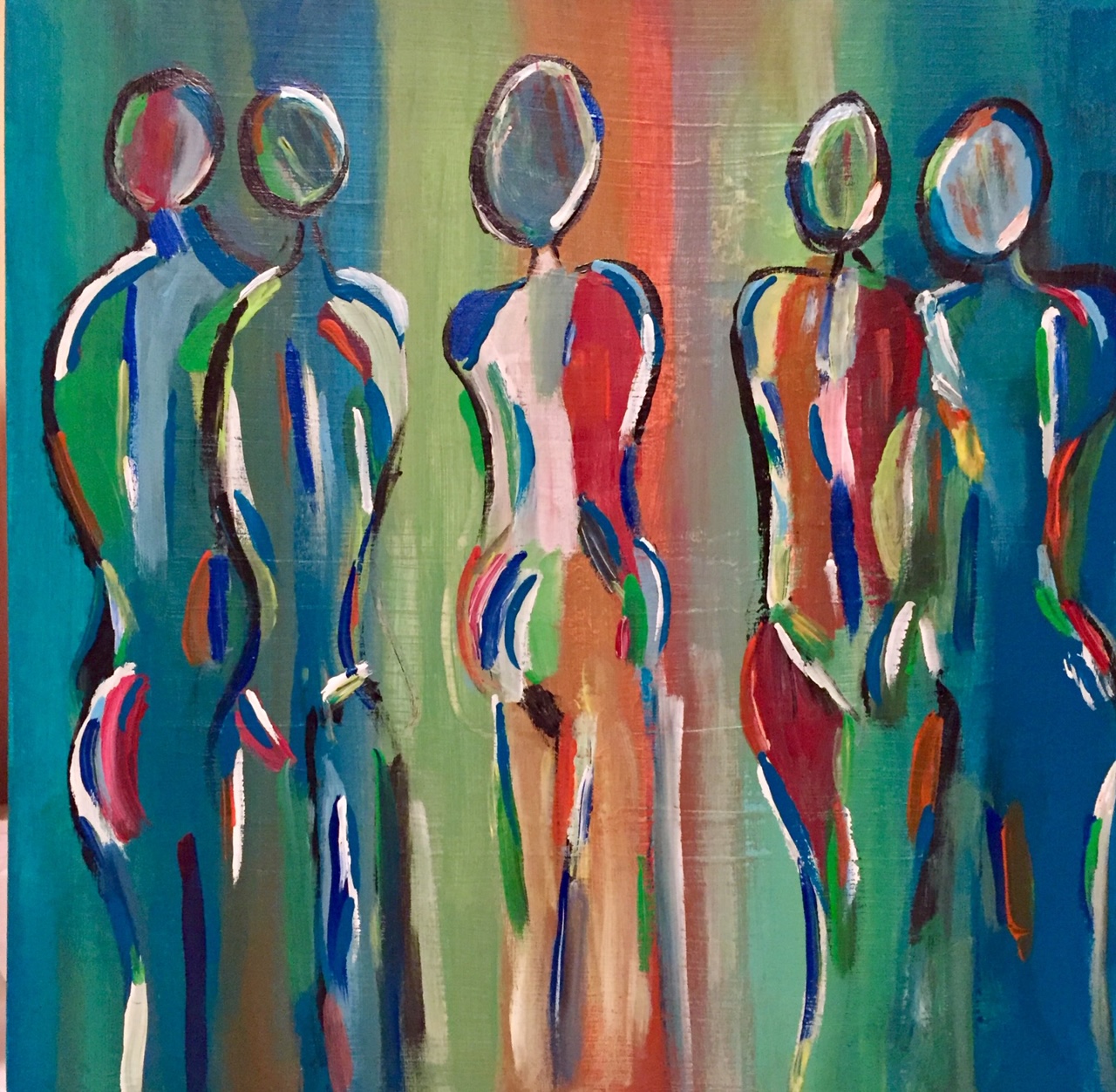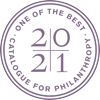Contact Julia Rowland (julia@smithcenter.org) or Carla Stillwagon (carla@smithcenter.org) for more information and to apply.
An Invitation to Healing
A 6-week online, small group experience in Self-Care
May 17th – June 23rd, 2022
The staff of Smith Center for Healing and the Arts invite you to participate in a new program they have designed and are calling: An Invitation to Healing. The program is designed for cancer patients/survivors at any point in their cancer journey, who wish to explore what it means to heal, and experience practices that have been shown to promote physical, social, emotional and spiritual well-being.
An Invitation to Healing is a 6-week, small group online program that creates a unique space for conversations about the meaning of healing, pathways to health, and defining personal well-being.
Participants will be able to experience evidence-based healing practices.
Practices will include moving more, eating well, managing stress, sleeping better, sharing support, and using written and visual arts to express oneself.
The program is offered virtually twice a week for six weeks: one 2-hour educational session on Tuesdays, and a second 2-hour session on Thursdays that includes 30 minutes of yoga/tai chi/qigong and 2 hours of group therapy each week (see attached program content and schedule).
Click here to review the Program Schedule.
Click here for more details on the Who/What/Where/When of the program.
Program calendar
Program Details:
-
Group is limited to 7 participants
-
The cost of the 6-week program is $600. We have limited partial scholarship funding available on a first come, first served basis. So, if you are interested, we encourage you to apply early.
To maximize sharing, learning and the power of group support, participants are expected to attend the full program.
About An Invitation to Healing Staff
About Carla Stillwagon – Logistics & Tech Support
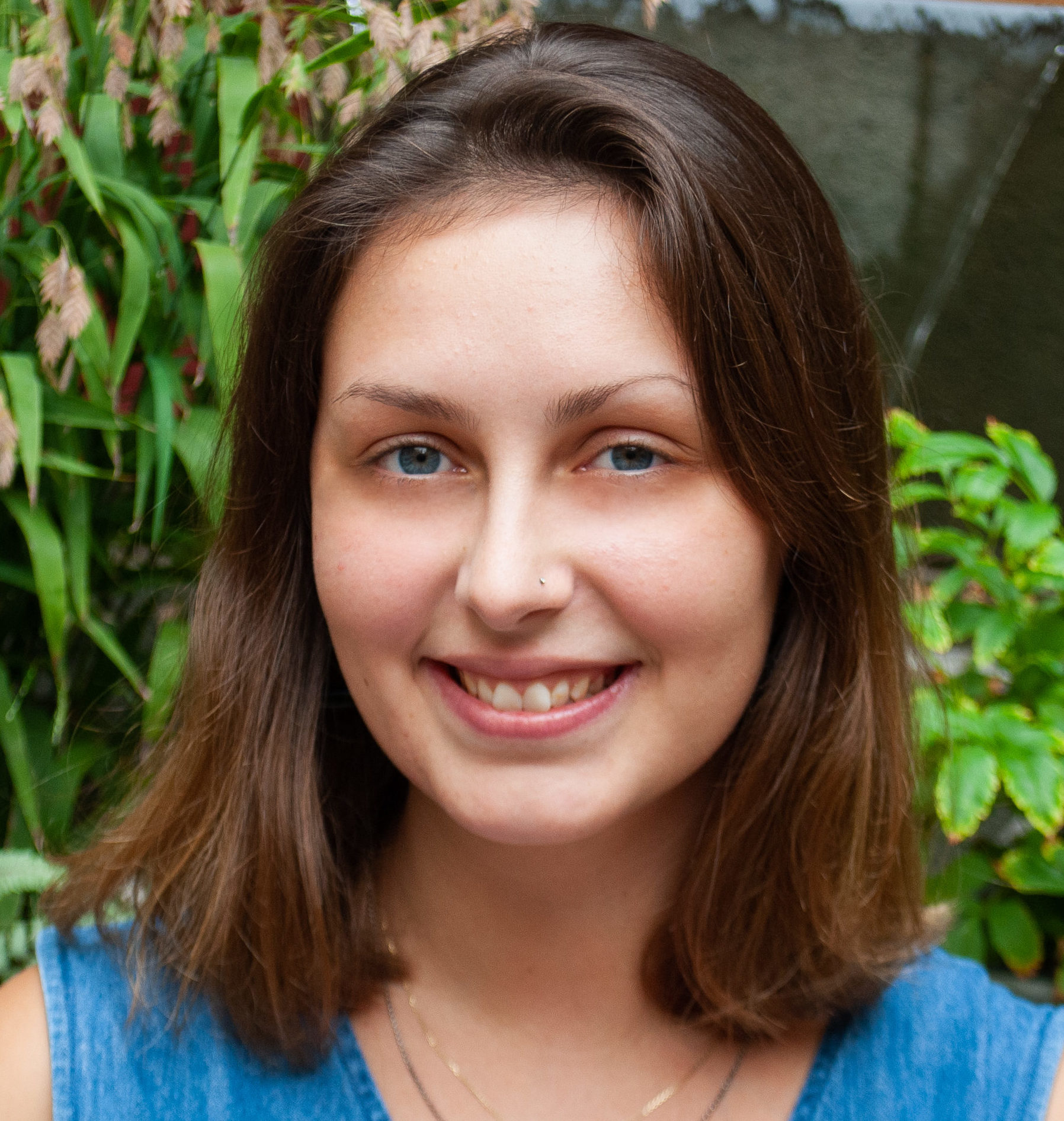
Carla serves as the Cancer Support Program & Retreat Coordinator at Smith Center. During her time at the center, Carla has been inspired to further develop her commitment to the arts and their invaluable role in healing and community. She has completed Compassion Cultivation Training™, an 8-week program, developed at Stanford University, with insights and techniques from psychology, neuroscience, and contemplative practice, as well as a professional training in Mind-Body Medicine with The Center for Mind-Body Medicine in Washington, DC.
About Carole O’Toole – Session Leader
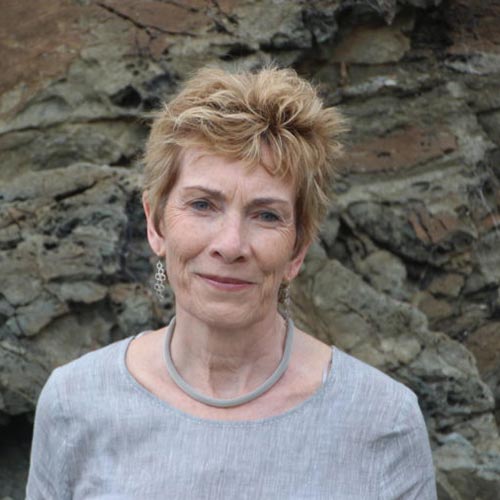
Smith Center’s Spiritual Companion, Carole O’Toole, was called to companion others following her cancer experience that led her to explore how illness offers opportunities for spiritual growth. Since 2006 Carole has served in many roles at Smith Center, including Director of Residential Retreats, Director of the Institute of Integrative Oncology Navigation, Director of Smith Center’s Integrative Navigation Training Program, and as a member of and mentor for our integrative navigation team. Carole has completed her training in Spiritual Direction from The Haden Institute, with a particular focus on grief and loss and the spiritual challenges of living with cancer.
About Cathryn Pethick, AA, AYS, C-IAYT – Movement Facilitator
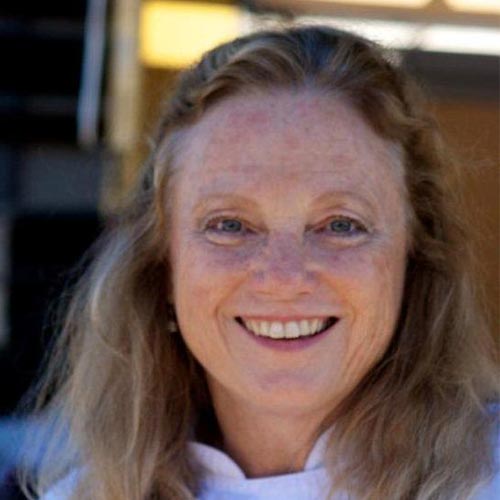
Cathryn Pethick, AA, AYS, C-IAYT is a certified yoga therapist and teacher, Ayurveda specialist, and professional chef- whole foods cooking and nutrition instructor. She shares those skills with private clients through her own Well-Being, founded in 2012, and is on staff with Maryland University of Integrative Health’s Masters in Nutrition degree program. At Smith Center, Cathryn teaches cooking and nutrition classes, gentle yoga, and contributes to Smith Center’s wonderful integrative cancer support retreats as chef and yoga therapist. She has decades of experience in diverse culinary settings, practicing/teaching yoga from a therapeutic perspective, meditation, and the study of Ayurveda, diverse spiritual and philosophical traditions, and Oriental healing/martial arts. Cathryn shares the intention of nourishing well-being for us individually and as a collective with yoga, meditation and food-as-medicine, by cultivating the healing power of balance, optimal nutrition that supports our vitality, and compassionate presence that nurtures us all.
About Charles Leighton, LCSW, CGP, CYI – Group Leader
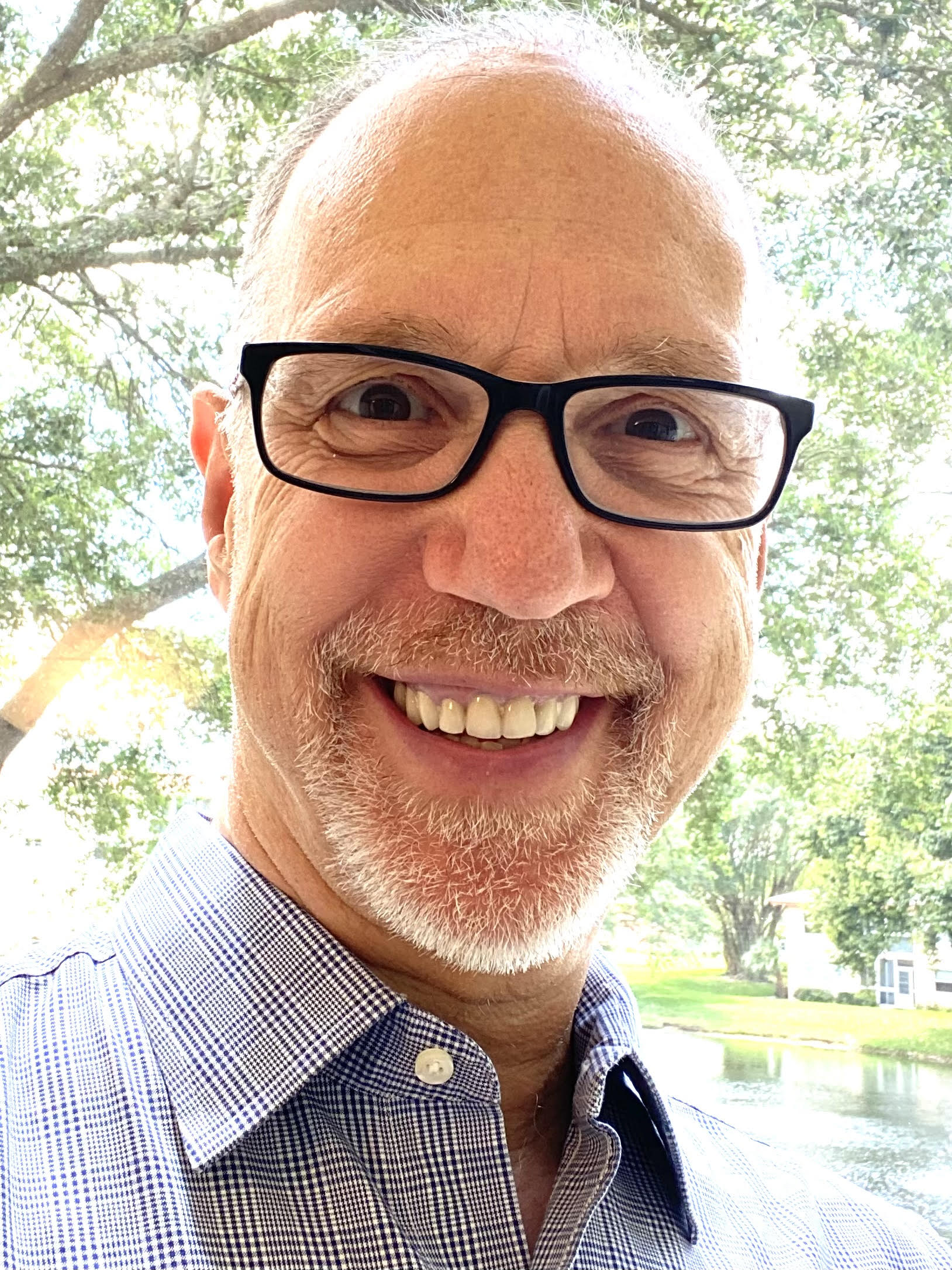
Charles Leighton is a Licensed Clinical Social Worker, Certified Individual and Group Psychotherapist, Certified Yoga teacher, and mindfulness instructor. He has co-lead over 25 retreats at Smith Center for the Healing Arts in Washington, DC, for people living with cancer. He has been in private practice for over twenty-five years and was the founder/Director of The Princeton Group Support Center in Princeton NJ and “The Heart Group” Program, an innovative therapy and lifestyle change program for people with heart disease and cancer at Beth Israel Medical Center in New York City. His work has been featured in the PBS documentary, THE MYSTERIOUS HUMAN HEART on PBS and Heartfelt on The Sanofi Channel. Leighton was a trainer for The Dean Ornish Program for Reversing Heart Disease and has lectured extensively on mental illness and stress. He has published research on the role of anger in heart disease and written for scholarly journals. He has been a consultant to such organizations as The New York Times, New York Hospital, Gilda’s Club, and The Preventive Medicine Institute.
About Deborah Steele, ATR – Creativity Facilitator
Deb Steele, M.Ed., ATR, is a registered art therapist who has worked with cancer patients and their caregivers since receiving her Master’s degree in art therapy at the University of New Mexico.
She herself is a survivor of two different breast cancers at ages 37 and 65.
Deb developed and managed the Patient and Family Support Services Program at Dartmouth-Hitchcock’s Norris Cancer Center for 15 years before her retirement. Deb also worked with oncologists and palliative care staff to identify and initiate complementary therapies that would benefit the well-being of patients and their family members/caregivers. She has led many cancer-related support groups and retreats. Deb is currently leading creativity groups for survivors of domestic abuse and therapeutic art groups for women in Lebanon, NH.
About Julia Rowland, PhD – Program Outreach & Support
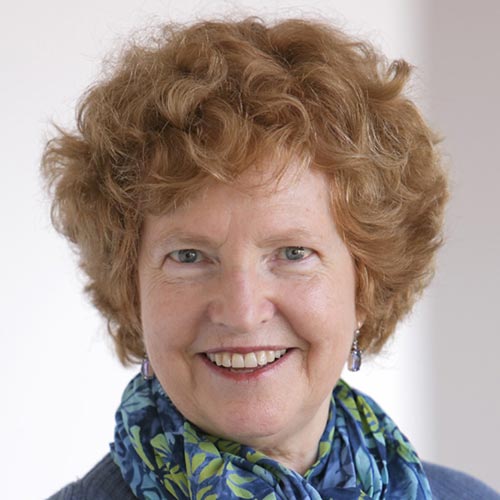
Julia Rowland, PhD, who joined Smith Center in October 2017, comes to this position as a long-time clinician, researcher and teacher in the area of psychosocial aspects of cancer. She has worked with and conducted competitively funded research among both pediatric and adult cancer survivors and their families, and published broadly in psycho-oncology, including co-editing, along with Dr. Jimmie Holland, the ground-breaking text, Handbook of Psychooncology. She has also been a frequent speaker on cancer survivorship, or life after cancer, for both professional and lay audiences.
Julia received her PhD in Developmental Psychology from Columbia University and completed a post-doctoral fellowship at Memorial Sloan-Kettering Cancer Center in psychosocial oncology. While at MSKCC, where she held joint appointments in pediatrics and neurology, Julia helped to develop and was the first Director of the Post-Treatment Resource Program, one of the first non-medical survivorship care programs to be offered by a major cancer center in the U.S. In 1990 she moved with her husband and two young children to Washington, DC to become founding Director of the Psycho-Oncology Program at Georgetown University and the Lombardi Cancer Center. There she helped expand services to meet the psychosocial needs of cancer patients and families, launched some of the first quality of life clinical trials, and also introduced a program to enable first year medical students to learn the art of caring for those living through and beyond cancer from survivors themselves and Lombardi faculty. Nine years later, in September of 1999, she was recruited to the National Cancer Institute to become the first, full-time Director of the Office of Cancer Survivorship, a position in which she served for 18 years, championing the growth of survivorship research and care, before stepping down in September 2017 to assume her new role at Smith Center. Although new to the team, Julia is no stranger to Smith Center. She knew Smith Center’s founder, Barbara Smith Coleman, and has volunteered her expertise across the years as a speaker, group leader and staff member for both the 1-day and weeklong residential retreats. Julia brings to her new role a passion to translate what research has taught us about healing in the context of cancer to the broader community, in essence, taking the science of survivorship from the lab bench to the park bench.
About Laura Pole, RN, MSN, Chef – Nutrition & Music Facilitator
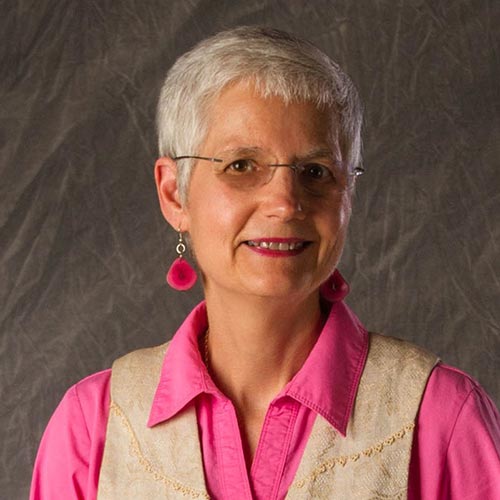
Laura, Director of Smith Center’s Nourishment Education Programs, has served as the head retreat chef and nurse consultant since 1997. She is an Oncology Clinical Nurse Specialist and Integrative Oncology Navigator with over 40 years experience in caring for people with serious illness. She is also a Certified Health Supportive Chef, professional musician and Nia body-mind fitness instructor. Her popular cooking classes are centered on culinary translation: that is, helping participants translate a diet prescription to a plate of nourishing delicious food. Laura is the founder of “Eating for a Lifetime,” a consulting business dedicated to teaching individuals and professionals about health supportive eating and food preparation. In addition to Laura’s work with nourishment, she is the co-coordinator of Smith Center’s Patient Navigation Training in Integrative Cancer Care. Laura also serves as coordinator of the “Media Watch Cancer News That You Can Use” listserv.
